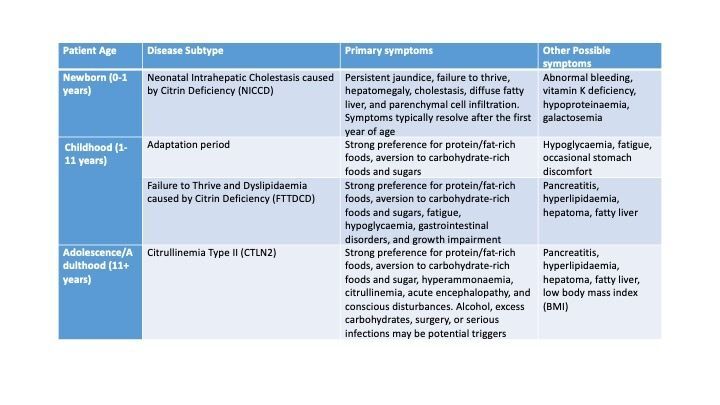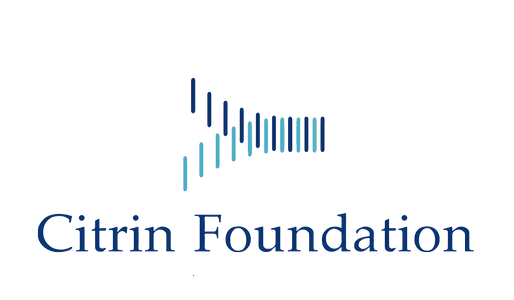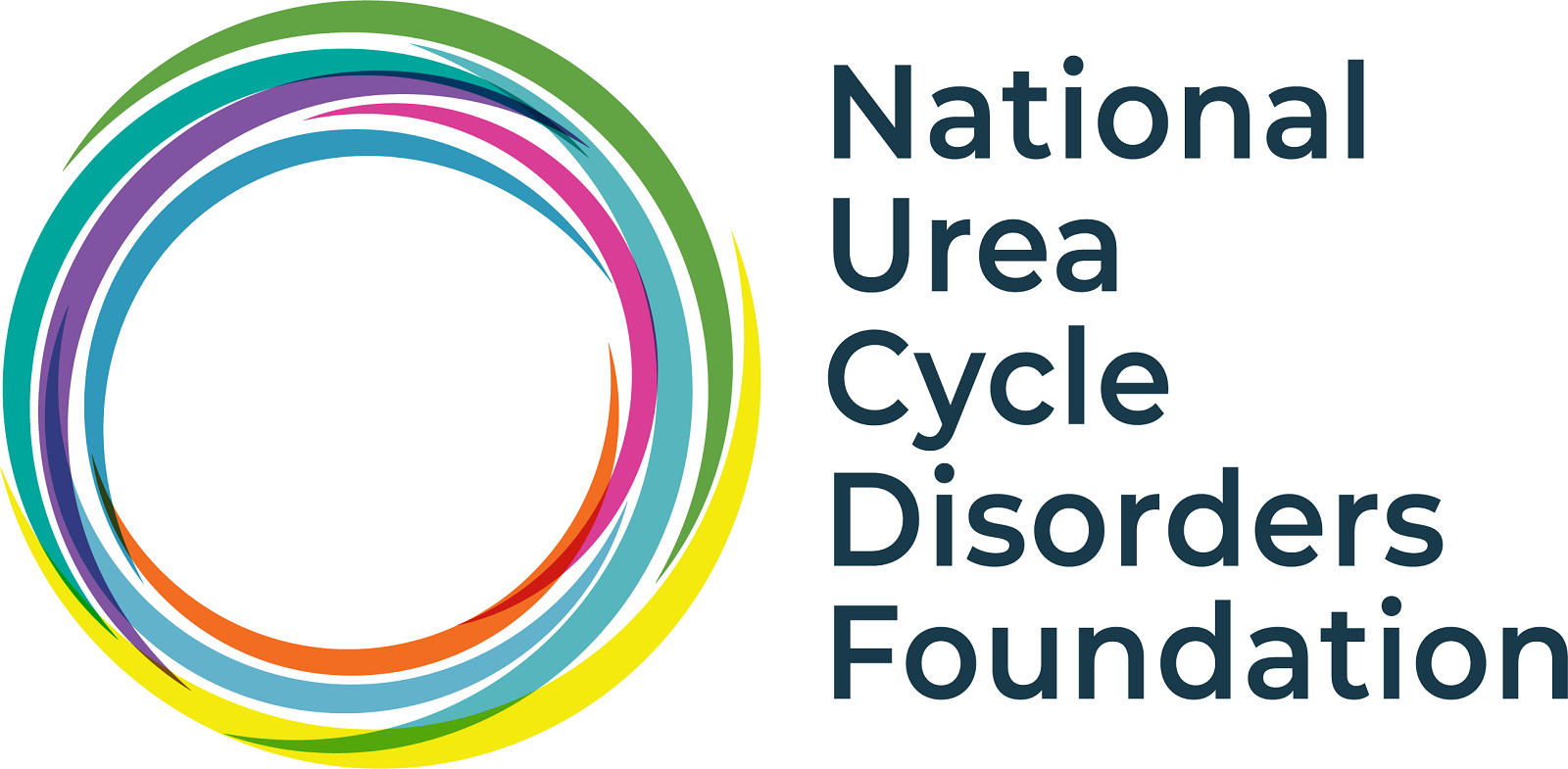Citrin Deficiency
Citrin deficiency is a rare inherited metabolic and urea cycle disorder caused by mutations in the SLC25A13 gene, which encodes the mitochondrial protein citrin. Citrin acts like a transporter in our cells, moving aspartate out of the mitochondria—the part of the cell that produces energy—while bringing in glutamate. This exchange supports several essential metabolic processes, including energy production from food sources like carbohydrates and the proper functioning of the urea cycle, which clears excess ammonia from the body. A deficiency of citrin disrupts these metabolic pathways, and if left unmanaged, can lead to elevated blood ammonia levels—a potentially life-threatening condition.
Clinical presentations and symptoms of citrin deficiency
Patients with Citrin deficiency may experience various symptoms at different stages of their lives. Please refer to the table below for more information. One common sign after the age of one is a strong preference for foods high in protein and fat, and a dislike of carbohydrates and sugary foods.

* Please Note: Not everyone with citrin deficiency will develop a more serious form called AACD (adolescent and adult-onset citrin deficiency).
How Is It Managed or Treated?
There is no cure for citrin deficiency yet, except for liver transplantation in severe cases. But symptoms can often be managed through diet:
· A low-carb, high-protein, and high-fat diet is usually recommended.
· Some patients may feel better when using medium-chain triglyceride (MCT) oil as a supplement.
· It’s important to avoid alcohol and high-sugar or high-carb foods, as these can make symptoms worse or trigger serious health problems later in life (AACD).
· In emergency situations, patients should not be given glucose or glycerol drips, as these can be harmful. However, mannitol is considered safe.

Connect with the Citrin Foundation
The Citrin Foundation is a research-driven, not-for-profit organization dedicated to addressing citrin deficiency (CD). As the only global organization supporting individuals and families affected by CD, the Foundation is committed to advancing scientific research, improving patient care, and ultimately discovering effective treatments—and a cure—for this rare condition.
They provide a range of helpful resources, including an easy-to-follow guide to CD and materials that can be used to explain CD in schools and workplaces. There's also a recipe log designed to make meal planning easier for patients and families. For those looking to connect with others, they offer a friendly peer support group where people can share experiences, ask questions, and find community. If you are a CD patient or family, we encourage you to visit the Foundation’s patient website to explore their comprehensive resource library or to register for their online peer support group. Membership is completely free – you can register here.
Join the Citrin Foundation’s digital community to stay informed about the latest news, resources, and research developments: Instagram, X (Twitter), Facebook, YouTube.
Content developed in collaboration with Citrin Foundation.
Recommended Reading
Deciphering the Mutational Background in Citrin Deficiency Through a Nationwide Study in Japan and Literature Review. Kido J, Sugawara K, Tavoulari S, Makris G, Rüfenacht V, Nakamura K, Kunji ERS, Häberle J. Hum Mutat. 2025 Apr 22;2025:9326326. doi: 10.1155/humu/9326326. PMID: 40309478; PMCID: PMC12041640.
Current Understanding of Pathogenic Mechanisms and Disease Models of Citrin Deficiency. Lacabanne D, Sowton AP, Jose B, Kunji ERS, Tavoulari S. J Inherit Metab Dis. 2025 Mar;48(2):e70021. doi: 10.1002/jimd.70021. PMID: 40145619; PMCID: PMC11948450.
My path to citrin deficiency. Walker JE. J Inherit Metab Dis. 2025 Jan;48(1):e12818. doi: 10.1002/jimd.12818. Epub 2024 Nov 24. PMID: 39581577; PMCID: PMC11670154.
Distinct roles for the domains of the mitochondrial aspartate/glutamate carrier citrin in organellar localization and substrate transport. Tavoulari S, Lacabanne D, Pereira GC, Thangaratnarajah C, King MS, He J, Chowdhury SR, Tilokani L, Palmer SM, Prudent J, Walker JE, Kunji ERS. Mol Metab. 2024 Dec;90:102047. doi: 10.1016/j.molmet.2024.102047. Epub 2024 Oct 16. PMID: 39419476; PMCID: PMC11539162.
The therapeutic landscape of citrin deficiency, by Vuković T, Kuek LE, Yu B, Makris G, Häberle J. J Inherit Metab Dis. Published online July 17, 2024. doi:10.1002/jimd.12768.
Citrin deficiency-The East-side story, by Häberle J. J Inherit Metab Dis. Published online July 12, 2024. doi:10.1002/jimd.12772
Clinical landscape of citrin deficiency: A global perspective on a multifaceted condition, by Kido J, Makris G, Santra S, Häberle J. J Inherit Metab Dis. Published online March 19, 2024. doi:10.1002/jimd.12722.
Improved sensitivity and specificity for citrin deficiency using selected amino acids and acylcarnitines in the newborn screening. Kido J, Häberle J, Tanaka T, Nagao M, Wada Y, Numakura C, Bo R, Nyuzuki H, Dateki S, Maruyama S, Murayama K, Yoshida S, Nakamura K. J Inherit Metab Dis. 2024 Nov;47(6):1134-1143. doi: 10.1002/jimd.12673. Epub 2023 Sep 12. PMID: 37681292.
The status of adult patients with citrin deficiency in Japan: A report from the nation-wide study. Kido J, Häberle J, Sugawara K, et al. Mol Genet Metab. Published online August 14, 2025. doi:10.1016/j.ymgme.2025.109221
